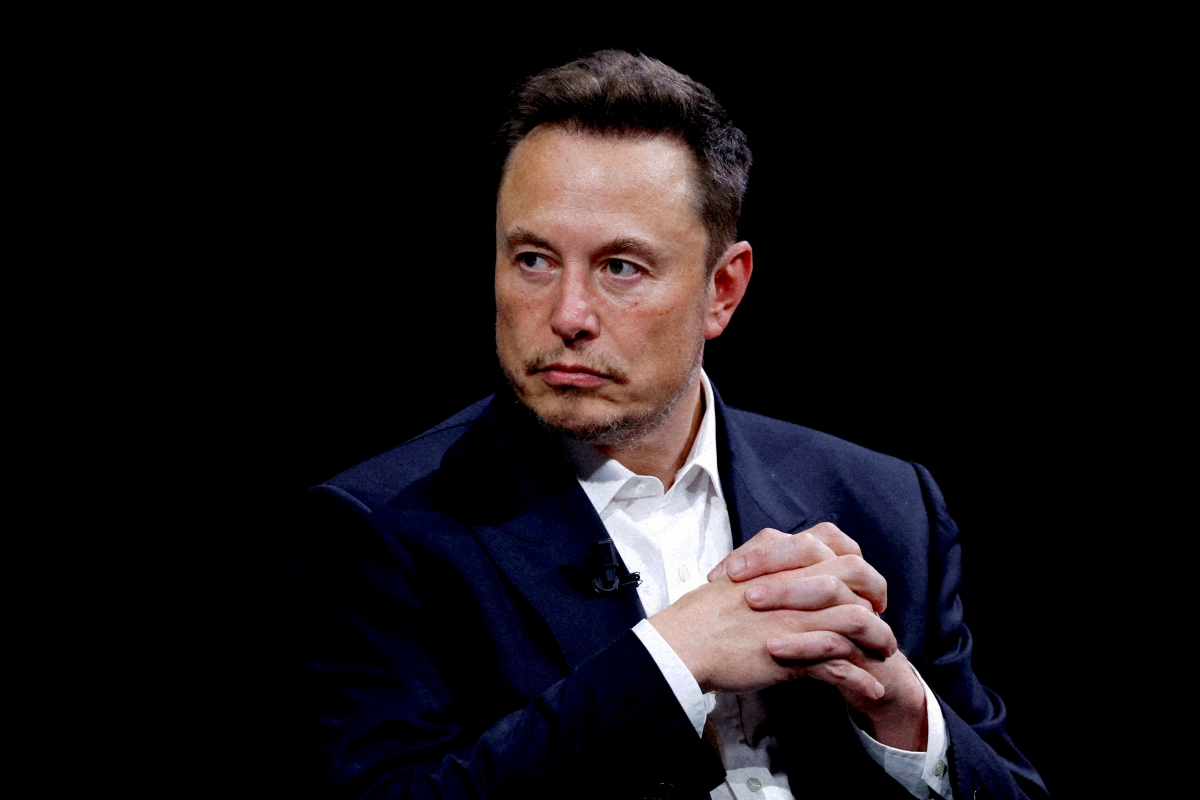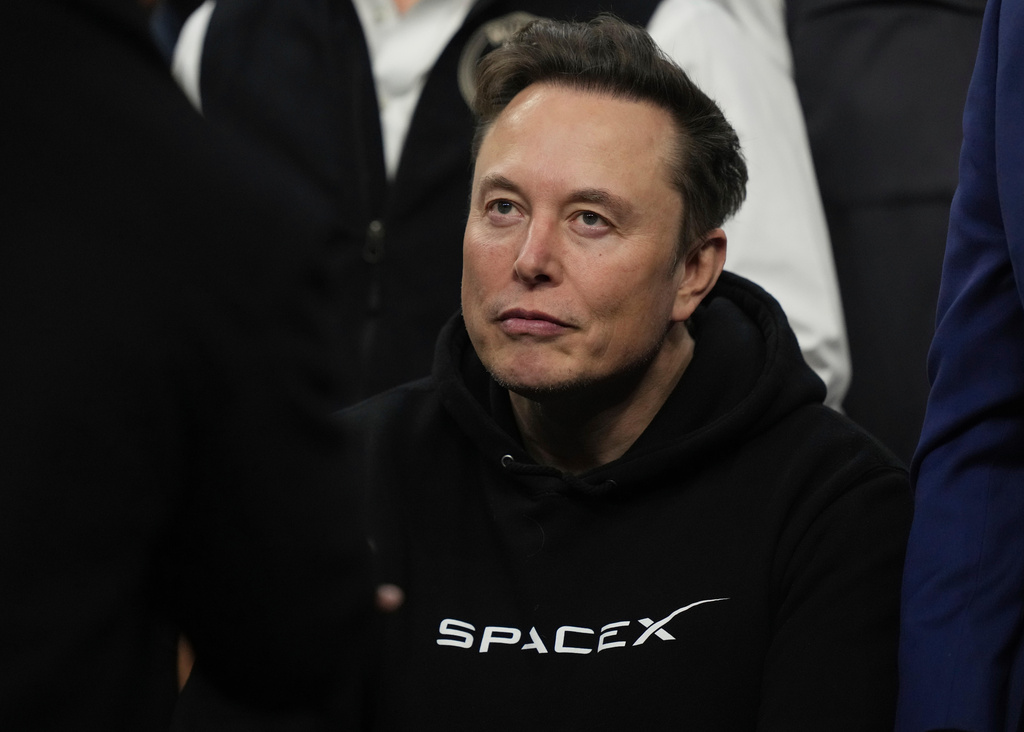BREAKING: Fans are in big debate over Elon Musk’s statement “If banning transgender sports is considered sexist, then call me sexist. Men should not participate in women’s sports!”
Elon Musk, the CEO of Tesla and SpaceX, has ignited a firestorm of debate with his recent statement regarding transgender athletes in women’s sports. In a tweet, Musk asserted, “No biological man should compete in women’s sports,” a declaration that has polarized public opinion and intensified discussions on the inclusion of transgender athletes in competitive sports.
Support for Musk’s Position
Supporters of Musk’s viewpoint argue that allowing transgender women—individuals assigned male at birth who identify as female—to compete in women’s sports may compromise the integrity of female athletic competitions. They contend that biological differences, such as muscle mass and bone density, could provide transgender women with an unfair advantage over cisgender female athletes. This perspective emphasizes the importance of maintaining a level playing field to ensure fair competition.

Opposition and Advocacy for Inclusion
Conversely, advocates for transgender inclusion in sports criticize Musk’s remarks as exclusionary and harmful. They highlight the discrimination and challenges that transgender individuals face and argue that policies should focus on inclusivity and equal opportunities. Feminist groups have expressed frustration with Musk’s statement, accusing him of overlooking the historic fight for equality in women’s sports and the additional hurdles transgender women encounter in being accepted and competing on equal terms.
Reactions from Athletes and Public Figures
Musk’s comments have elicited responses from various athletes and public figures. American swimmer Riley Gaines, known for her stance on this issue, has previously criticized the inclusion of transgender women in women’s sports, citing concerns about fairness. Musk’s tweet was a response to a post by Gaines, indicating his alignment with her viewpoint.

Broader Implications and Ongoing Debates
The debate over transgender participation in sports is complex, involving considerations of fairness, inclusivity, and the rights of all athletes. Sports organizations worldwide are grappling with these issues, striving to develop policies that balance competing interests and values. Musk’s high-profile involvement has brought renewed attention to the topic, underscoring the need for nuanced and informed discussions.
Conclusion
Elon Musk’s statement has intensified the ongoing debate about transgender athletes in women’s sports. While some support his call for restrictions based on biological sex, others advocate for inclusive policies that recognize gender identity. This discourse reflects broader societal conversations about equality, fairness, and the evolving understanding of gender in the realm of athletics.
Support for Musk’s Position
Supporters of Musk’s viewpoint argue that allowing transgender women—individuals assigned male at birth who identify as female—to compete in women’s sports may compromise the integrity of female athletic competitions. They contend that biological differences, such as muscle mass and bone density, could provide transgender women with an unfair advantage over cisgender female athletes. This perspective emphasizes the importance of maintaining a level playing field to ensure fair competition.

Opposition and Advocacy for Inclusion
Conversely, advocates for transgender inclusion in sports criticize Musk’s remarks as exclusionary and harmful. They highlight the discrimination and challenges that transgender individuals face and argue that policies should focus on inclusivity and equal opportunities. Feminist groups have expressed frustration with Musk’s statement, accusing him of overlooking the historic fight for equality in women’s sports and the additional hurdles transgender women encounter in being accepted and competing on equal terms.
Reactions from Athletes and Public Figures
Musk’s comments have elicited responses from various athletes and public figures. American swimmer Riley Gaines, known for her stance on this issue, has previously criticized the inclusion of transgender women in women’s sports, citing concerns about fairness. Musk’s tweet was a response to a post by Gaines, indicating his alignment with her viewpoint.

Broader Implications and Ongoing Debates
The debate over transgender participation in sports is complex, involving considerations of fairness, inclusivity, and the rights of all athletes. Sports organizations worldwide are grappling with these issues, striving to develop policies that balance competing interests and values. Musk’s high-profile involvement has brought renewed attention to the topic, underscoring the need for nuanced and informed discussions.
Conclusion
Elon Musk’s statement has intensified the ongoing debate about transgender athletes in women’s sports. While some support his call for restrictions based on biological sex, others advocate for inclusive policies that recognize gender identity. This discourse reflects broader societal conversations about equality, fairness, and the evolving understanding of gender in the realm of athletics.
 Top Amazing Channel
Top Amazing Channel



